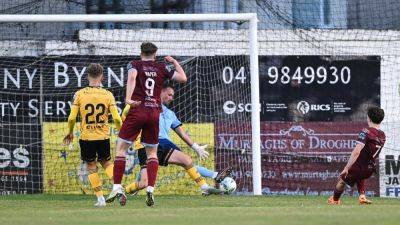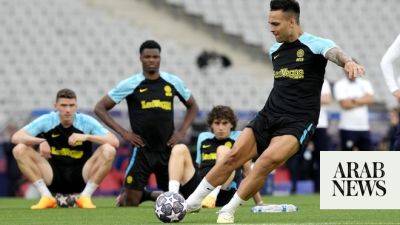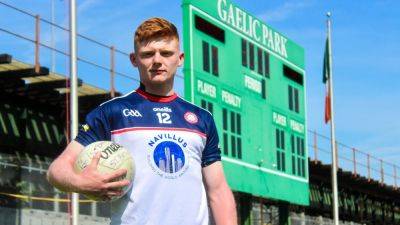Tina Turner and rugby league: an enduring partnership that changed the face of the game
I t has been 28 years since Tina Turner featured in her final campaign as the soundtrack of rugby league, yet such is the reverence in which she is held in Australia, news of her death has cast a long and dark pall over the game.
The singer, who starred in the promotion of the Winfield Cup with her hits What You Get Is What You See and The Best from 1989 to 1995, died on Wednesday at her home in Switzerland aged 83. A testament to her immense and enduring popularity, the game has been overcome by sadness and nostalgia.
Since the mid-90s, there have been regular calls to bring Turner back to star in another campaign or headline another grand final. As recently as 2019, the NRL was in talks with her management about bringing back the singer and The Best. Jimmy Barnes performed the song for a long-running Fox NRL promotion.
No campaign – not Bon Jovi nor Chumbawamba nor Tom Jones, not the Hoodoo Gurus nor the poetry of Thomas Keneally nor Jessica Mauboy – ever came close to delivering the inspiration and the fanfare Turner managed.
Turner was arguably as loved in New South Wales and Queensland as she was anywhere else in the world, a remarkable state of affairs for a grandmother born in Nutbush, Tennessee, who had no idea what rugby league was before becoming its voice.
A global star who was regarded as one of the greatest performers at the peak of her fame in the late 1980s, Ken Arthurson and John Quayle pulled off one of the most unlikely coups in signing Turner to become the voice and face of the game. Attempting to change the image of the sport as barbaric and brutal, it was an attempt to woo female supporters, softening and glamorising the game’s stars, and making the game sexy.
The advertisements were an immediate






